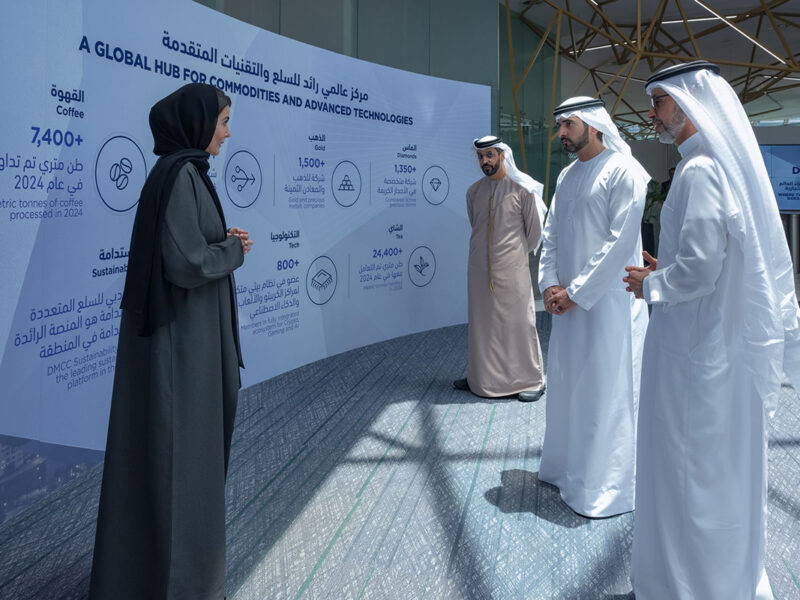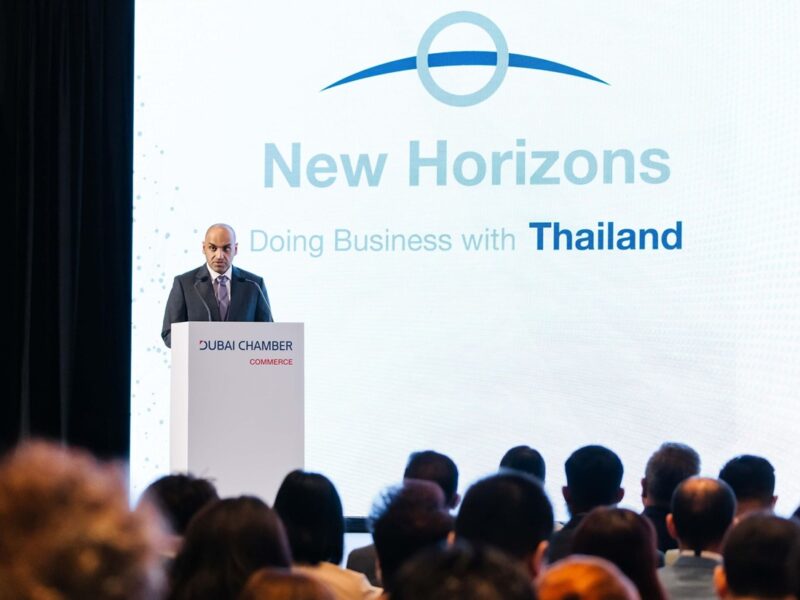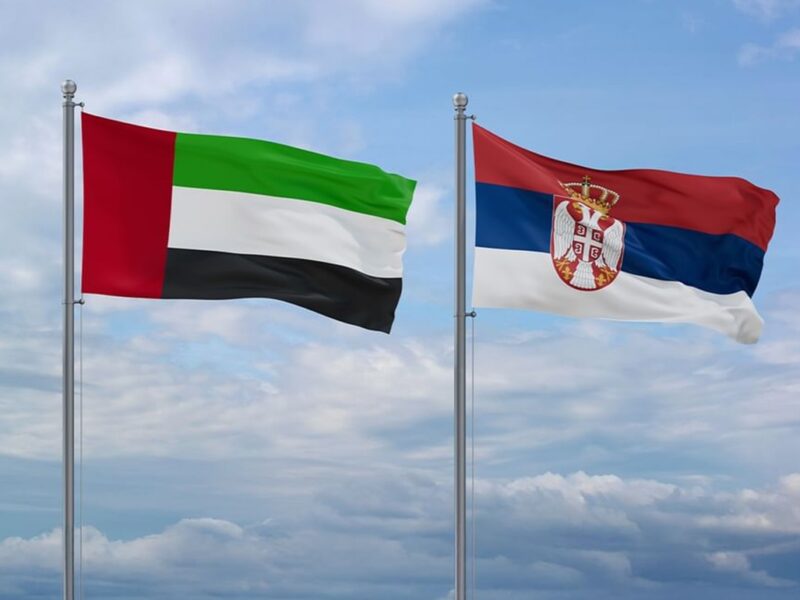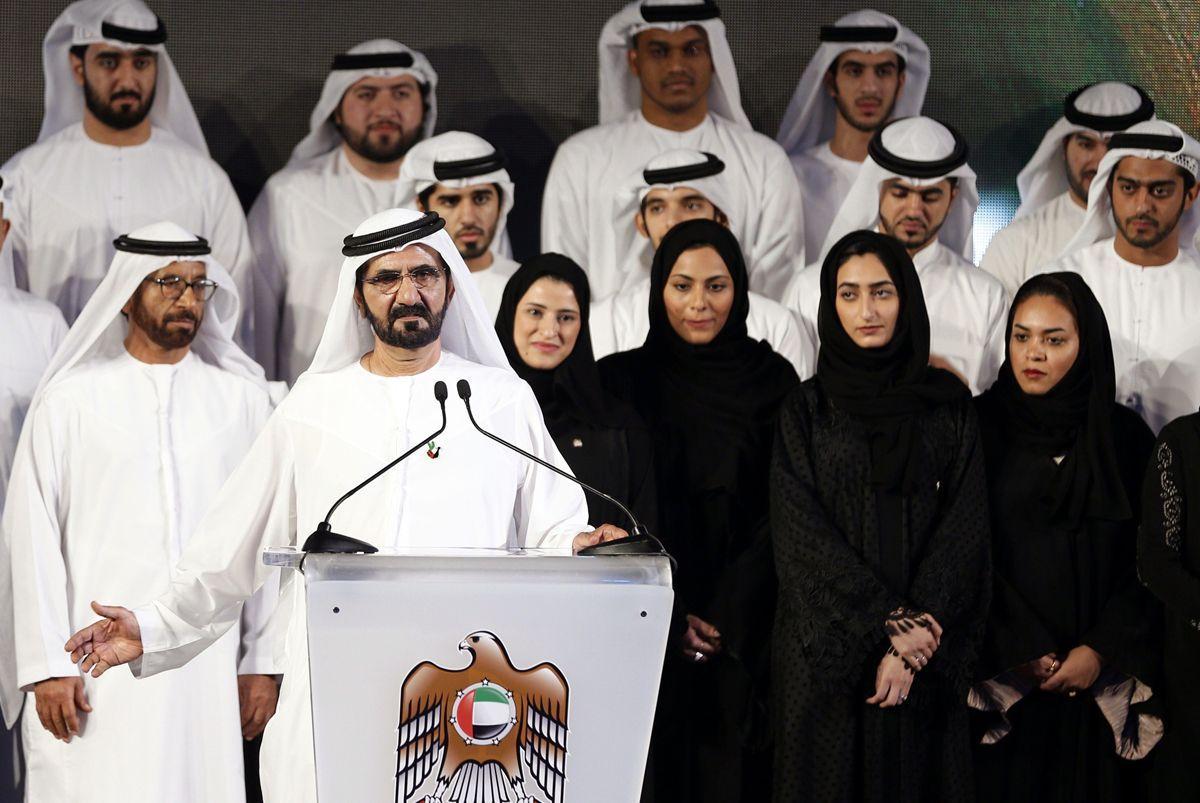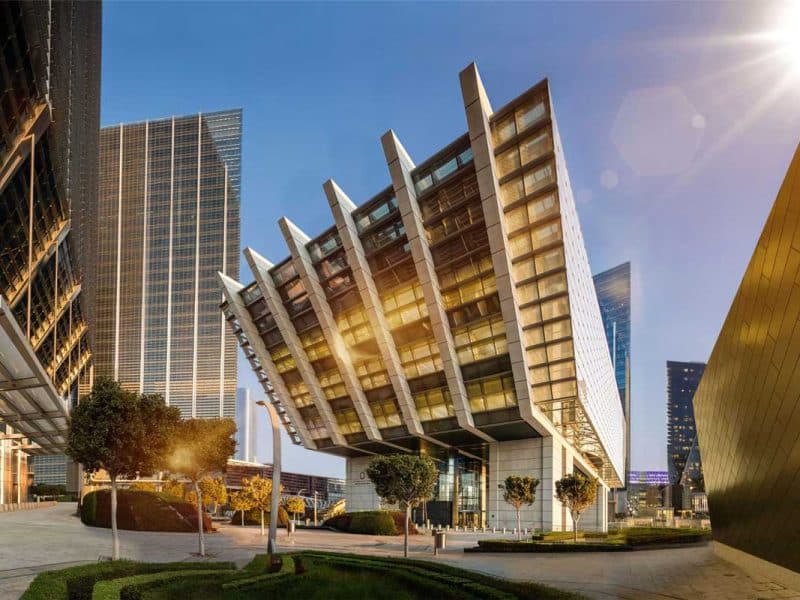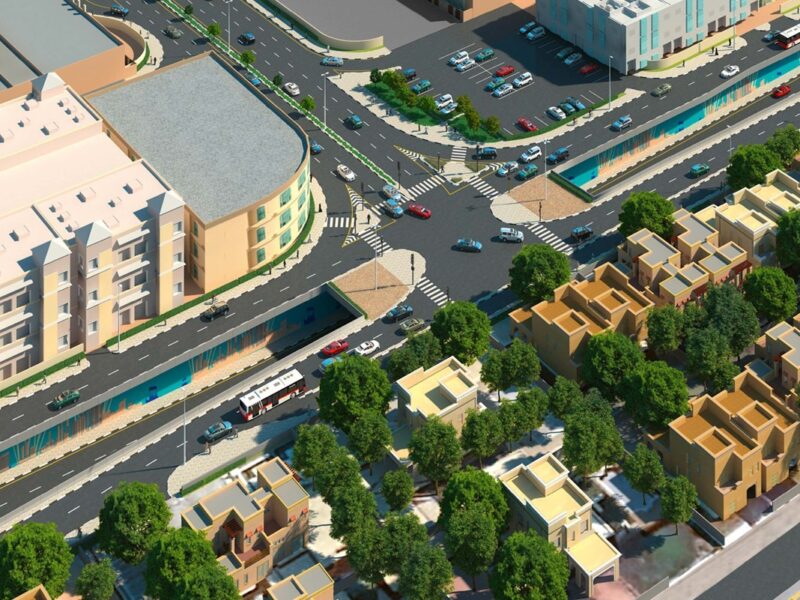The UAE leads by example.
Because the tribal system is till prevalent today, citizens look to its government leaders for guidance. The sheikhs are seen as men to admire. One Emirati gentleman who lives and works in Abu Dhabi and who recently completed his national service, said “they are our only heroes”. These men are leaders in the truest sense of the word, and there is an obvious desire on their part to steer the country to where it needs to go.
It was announced last week at the Arabian Travel Market that Time Hotels Management will open Asma Hotel in Dubai, and that 80 percent of its staff will be women. This news is in keeping with what the UAE is trying to achieve when it comes to empowering women.
The UAE Embassy in Washington says the country has four women fighter pilots and has trained more than 30 women to work with the country’s special security forces. In September 2014, the UAE opened the region’s first military college for women, Khawla bint Al Azwar Military School. There are female judges as well as public prosecutors. Women make up 20 percent of the diplomatic corps, and there are also several female ambassadors.
Among the 29 ministers comprising the government, eight are women, which represents 27 percent. (By comparison, Barack Obama’s cabinet 18 months ago had 35 percent women, while David Cameron’s had 29 percent). There are nine (one elected, eight appointed) female Federal National Council members. In 2015, the UAE created the Gender Balance Council, which is intended to promote new strategies for female empowerment.
From its inception, the country has always recognised the role, power and potential of women. The UAE Constitution came into effect on December 2, 1971. Chapter Two, Article 14 of the Constitution states: “Equality, social justice, the provision of safety and security and equality of opportunity for all citizens shall be the bases of the community. Mutual co-operation and respect shall be a firm bond between them.”
Dubai and the UAE are often compared to Western cities. This is good and bad. Good because there is a microscope always on Dubai, which means it must raise its game. Bad because Dubai is compared, amongst other countries, to England and France, states that have been functioning for more than 1,000 years. The UAE is 45 years old.
The Economist Survey: Women in Science, Technology and Engineering (2014), quoted Suaad Al Oraimi, a gender specialist at UAE University in Al Ain, as saying: “the leaders of the country are big champions of female empowerment, but sometimes it takes society time to catch up”.
The report went on to say: “Some European countries have gone through similar transformations [to that of the UAE]. During the 1980s, the female labour force participation rates in Greece, Ireland and Spain were approximately 30 percent, around the same as the female Emirati level. Over the next three decades, participation increased by 15-20 percent in these countries. If the UAE follows a similar path, GDP is estimated to increase by 12 percent thanks to an uptick in productivity and consumption.”
I believe the rule of law in the UAE is as sound as in any other country. When it comes to empowering women, the UAE has the laws, and now it is up to the business community to move the issue forward.


